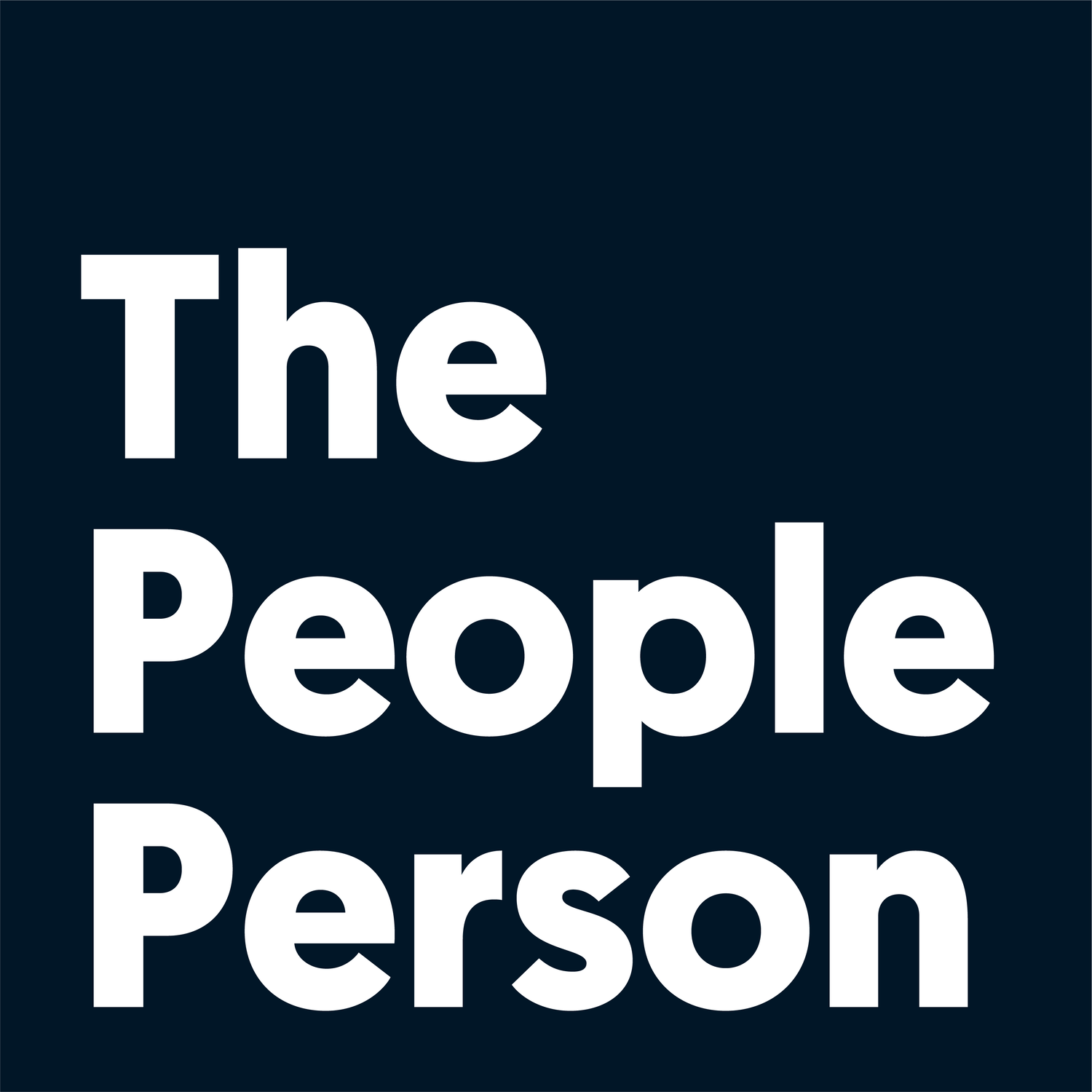5 tips to help you find the right coach for you.
Have you been toying with the idea of coaching for some time but you're not sure where or how to begin with finding someone?
With so many options in a completely unregulated industry, the process of finding and selecting a coach can be overwhelming. I’ve set out some tips below to help you with your search.
1) Be as clear as you can be on what, and who, you’re looking for.
Do you want a career coach, a life coach, a business coach, a health & fitness coach - or something else? Are you looking for a specialist or someone who works across several or all realms? Do you want a mentor who’ll tell you what to do, or a coach who’ll guide you towards finding your own solutions? With so many options and specialisms to choose from, it helps to get very clear on what you’re looking for at the outset.
As well as what the coach does, it’s worth considering how you want them to be. You’re going to be working closely together and this matters. For instance, would you like a coach who’s spiritual and ‘out there’ or someone who is more formal, structured and business like? Do you want to be challenged and pushed to the extremes or do you need a more nurturing style? Or do you need something in between the two?
Take time to think of the ideal dynamic between you and your coach and what you’d like your sessions to feel like - in it and after it. Decide what good looks like for you and write it down. Clearly articulating what you’re looking for enables you to know when you’ve found it.
2) Use your network
My preferred way to find a coach is through word of mouth; even in the age of social media it’s how at least 80% of my clients come to me now and it’s also how I found my coach and supervisor. So, ask people you trust for recommendations. Friends, colleagues, HR departments and networking groups (on and offline) can be great sources.
As well as potentially saving you time while you’re looking, if someone has been recommended by someone you trust and everything else stacks up, then psychologically you’ll probably feel at ease more quickly with them than you would with a stranger. This will allow you to move on faster to the areas of coaching you most want to work on.
3) Use the internet - wisely
It’s natural to assume that the top results on Google, tiktok or instagram, or the most expensive coaches are the best and most in demand. It’s not always so. Not always, but often enough, high rankings are due to ad-spend and clever marketing rather than a true reflection of competence or experience.
If you are looking online and don’t have personal recommendations, start with the professional coaching associations. The Association for Coaching (AoC), International Coach Federation (ICF) and Coach Training Institute (CTI) are organisations who train and/or require evidence of training and experience in order to list their coaches. This means your coach will be qualified and bound by a professional code of ethics and standards. While I know of many outstanding coaches who have no formal qualifications, personally I’d only explore this option if the coach has a proven track record and comes highly recommended by people you know and trust.
A further point on cost. Coaching can cost from as little as £50 per hour to over £1,000 per hour (and sometimes much more for executive and elite coaching). Quality coaching is rarely cheap, but you should never be encouraged to go into serious debt to fund it. Any high-ticket coaches that tell you ‘get over your money mindset blocks and put it on a credit card as an investment for your future’ should be immediately avoided. Sadly, this happens way more than you’d think. Any coach who suggests this does not have your interest at heart.
4) Have a ‘chemistry’ call.
The dynamic between you and your coach is probably the most important factor of all when it comes to your success. A reputable coach will want to check the fit between you as much as you will before committing to working together, so they should offer a free “chemistry call” of at least 20 minutes for this . This call shouldn’t be a hard-sell, but more of a chance for you both to get a sense of each other, to clarify your outcomes for coaching and establish whether they can help you with them, and for you to ask any questions you may have. You might like to ask for case studies of clients like you they've worked with, how sessions will work, whether or not they are registered with professional associations and whether they receive professional supervision. This call should always be free and it’s another red flag if someone wants to take your money before you’ve spoken to each other.
5) Trust Your Instinct
If someone’s promises sound too good to be true, they probably are. If a person has loads of qualifications but you don’t click, then you’re unlikely to be able to open up to the extent you’ll need to to benefit from coaching. Just because someone was great for your friend, it doesn’t mean it’ll be the same for you. At some point you need to take the plunge and listen to your own inner voice. If you’re clear about what you want, have done your research and have connected with the coach personally, then trust yourself and choose the person who feels right for you.
If you’d like to explore whether we’d be a good coaching fit for each other I offer an initial complimentary consultation Zoom meeting of up to 30 minutes. Get in touch hi@thepeopleperson.org to arrange your session.
